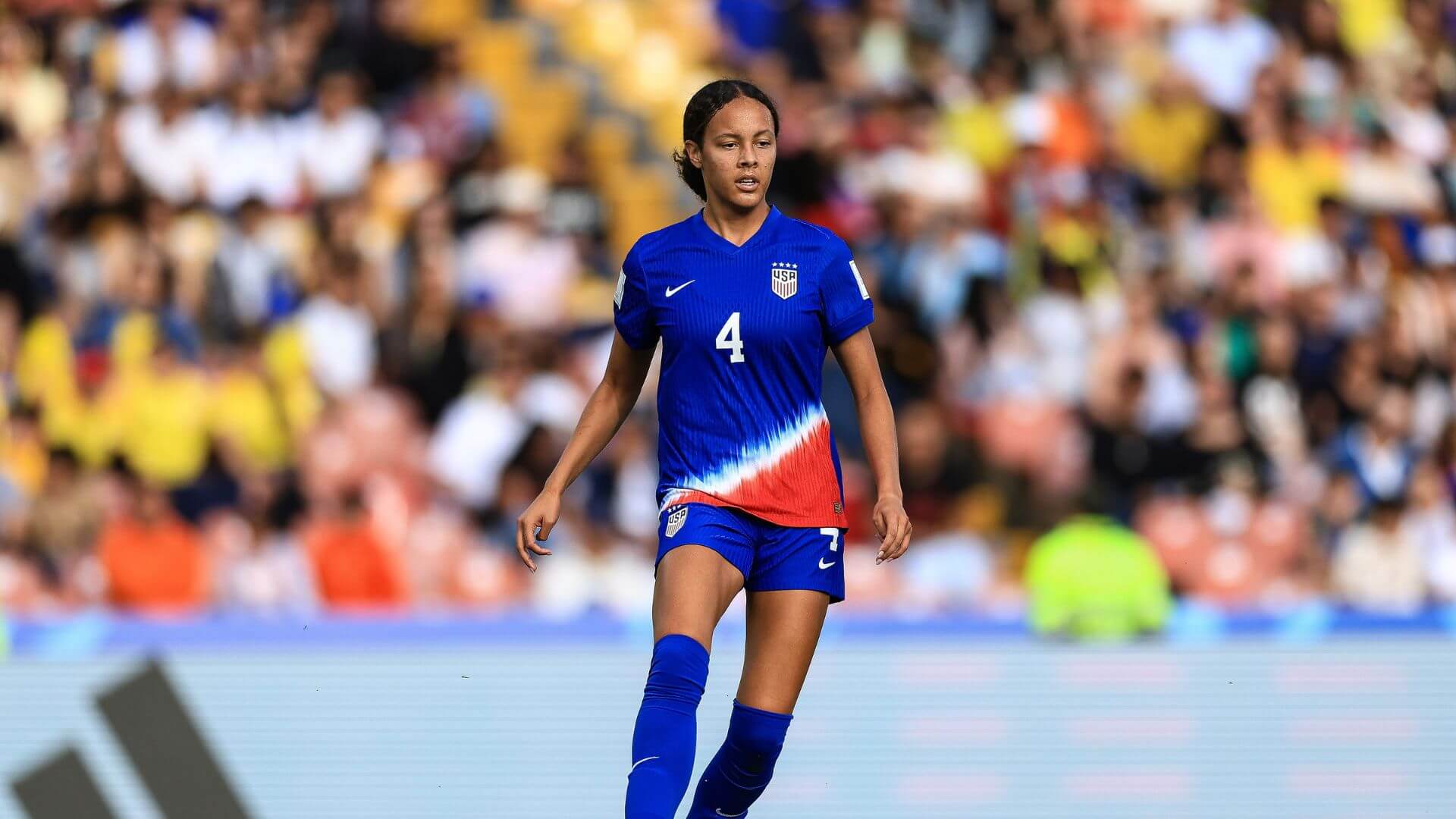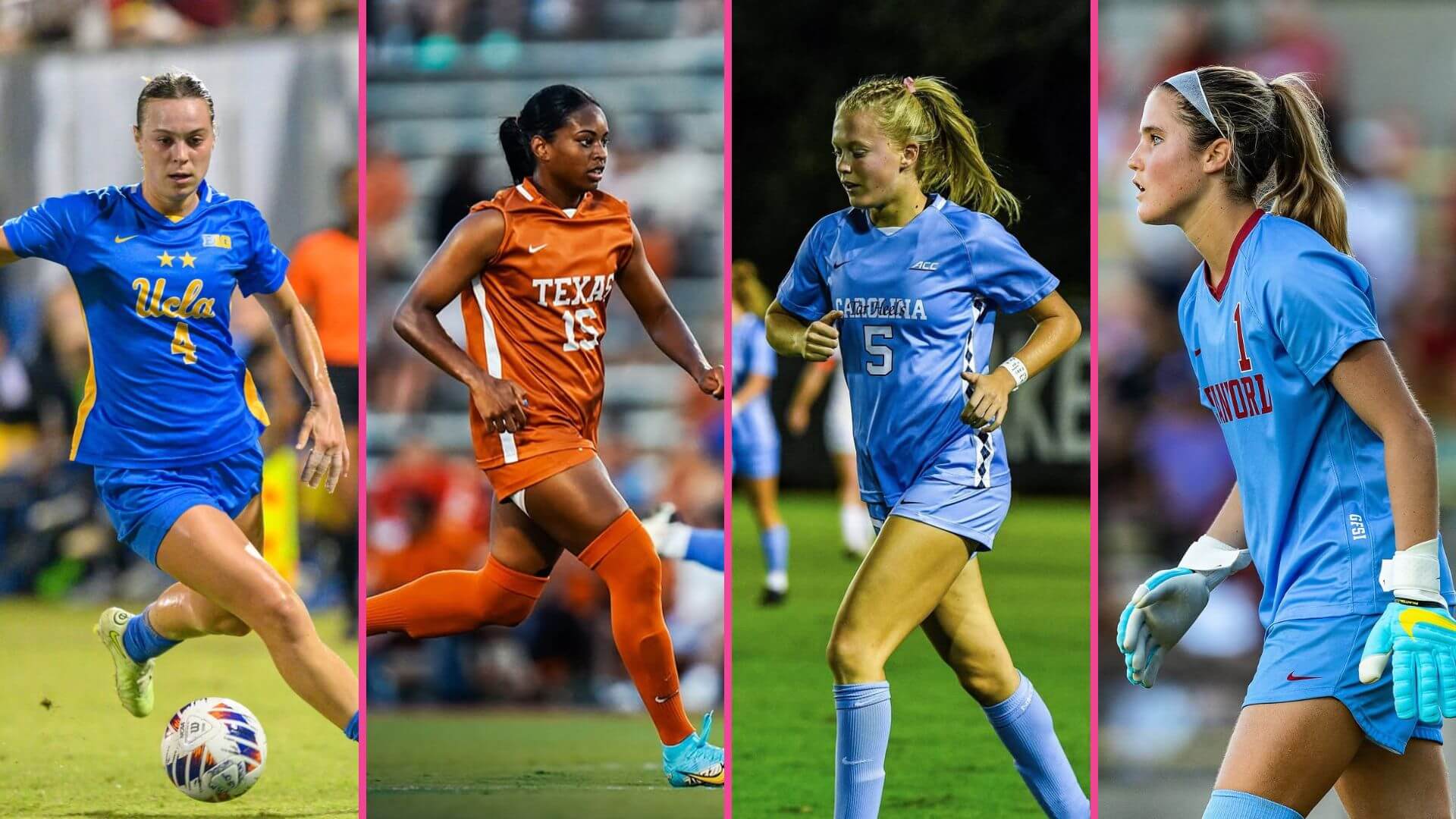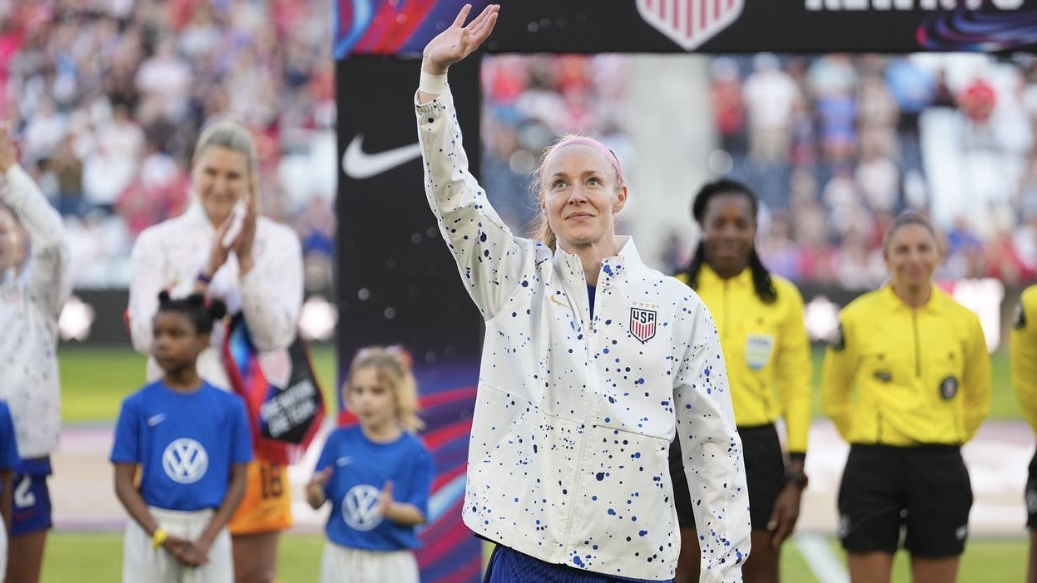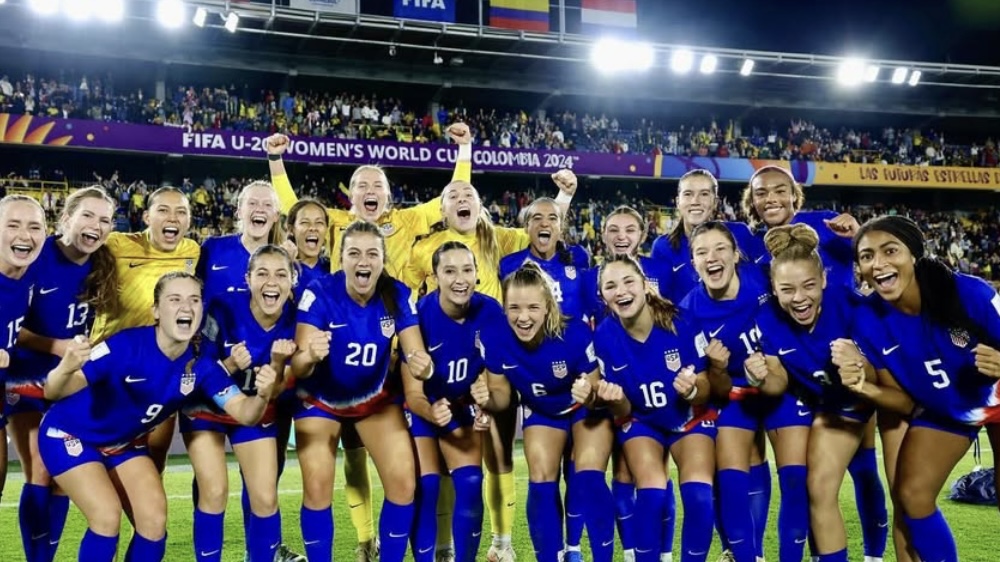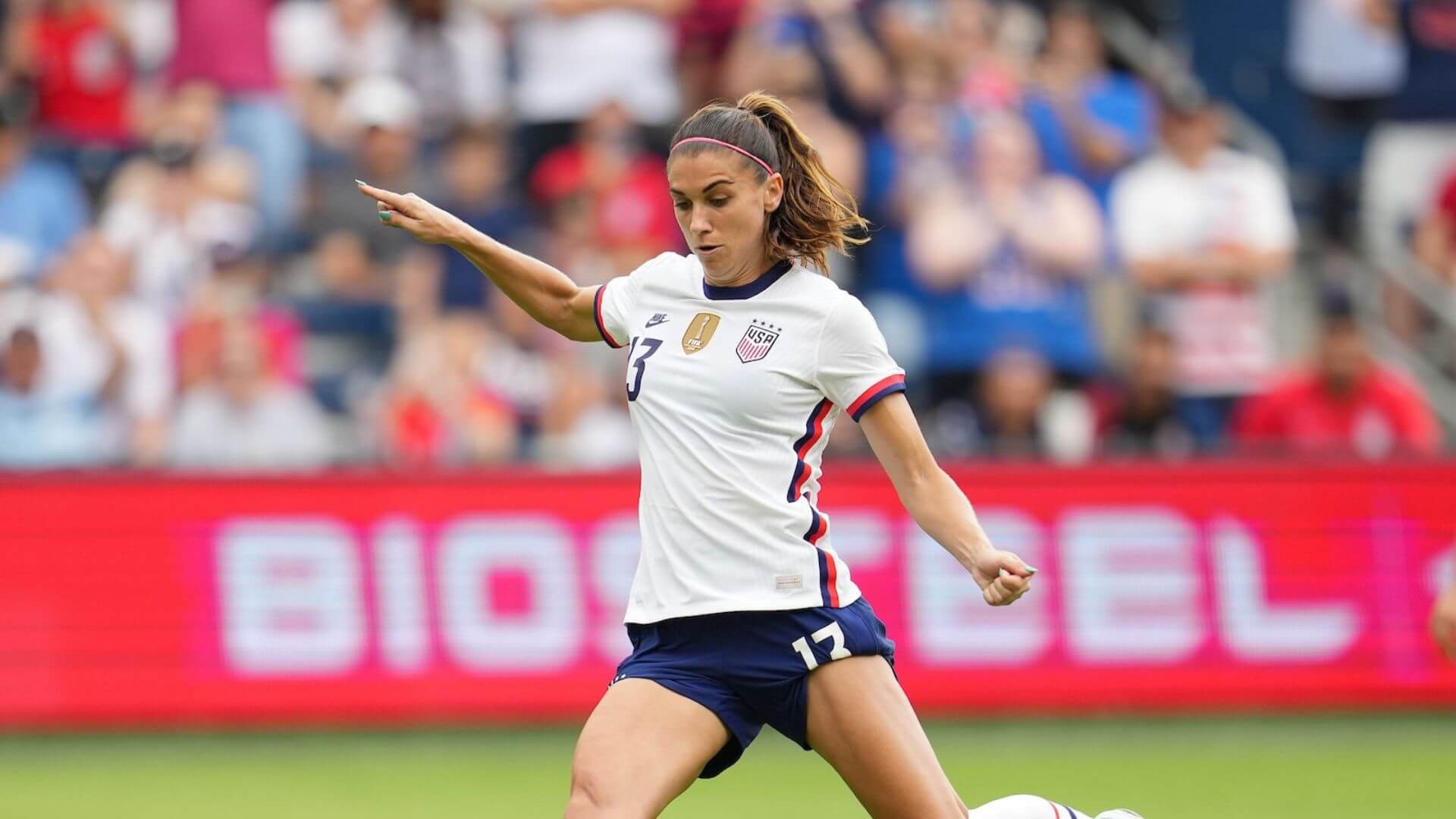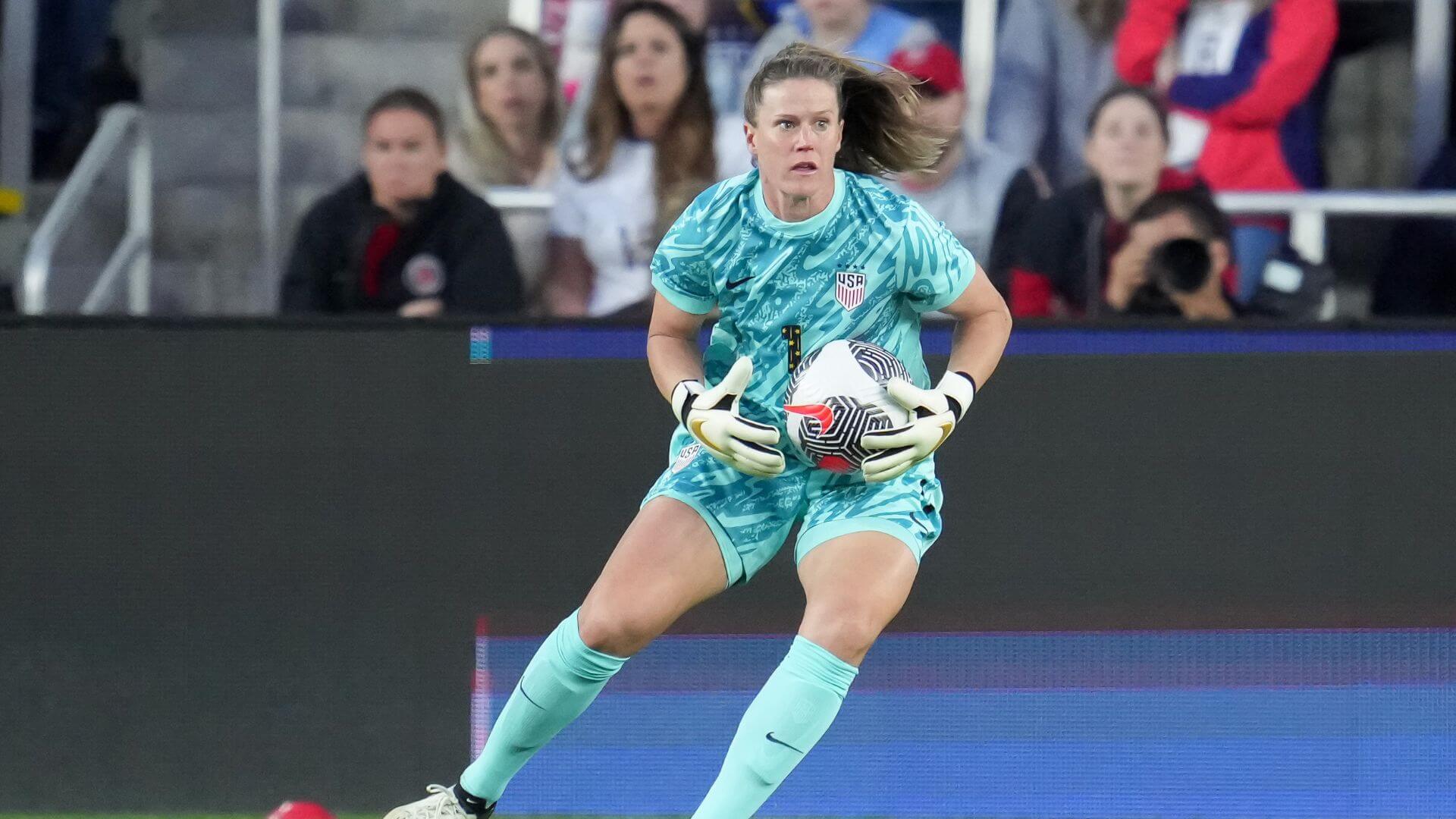7 Things We Learned From LFG, the Uswnt Equal Pay Documentary
The documentary LFG (short for Let’s F*cking Go, a slogan for the USWNT on and off the pitch) has just dropped on HBO Max. This documentary follows the USWNT’s journey for equal pay since they filed the suit in March 2019. There is so much we know about the lawsuit already, but this documentary tells us even more. Here are our seven key takeaways:
Paycheck-to-Paycheck Players
Early on in the documentary, it was revealed that highly decorated player Jessica McDonald had spent the last seven years living paycheck to paycheck. Friends of hers working as waitresses earned three times what she did in a year as a professional athlete. McDonald even used the term “scraping by.” This FIFA gold-winning athlete and current NWSL forward is not making the money to make ends meet. Jessica herself has to work two jobs – NC Courage forward and soccer coach – to support herself and her seven-year-old son. She is not the only player in this particular situation. Female soccer players regularly have to decide between playing soccer and making enough money to survive.
Across the Board, At Every Turn
The USWNT receives fractions of the male bonuses for things like qualifying for and advancing in the World Cup. The USWNT doesn’t actually get a bonus for advancing through stages. More than that, there is huge discrimination in hotel accommodations – the men are put up in top tier hotels, while the women do not – and travel – men regularly fly charter, the women have flown charter once in recent history, after a World Cup win. The men also receive more funds in marketing and training as well as the quality of their playing and practice fields. These differences amount to millions of dollars across the board.
First of Its Kind
This lawsuit in 2019 was the first of its kind in the United States. For a female team to stand up against their federation and demand to be seen and treated equally to their male counterparts had never happened. Not for any sport at any point in the nation. On top of the fact that the lawsuit was initiated mere months before their next World Cup appearance.
More than Gold
With the lawsuit freshly announced to the world, the USWNT had even more riding on their World Cup appearance. When they stepped onto the field and broke records against Thailand with their 13-0 victory, they were sending a message. They had to win. For their team, for their rights to be paid what they deserved. This World Cup was about more than just gold; it was about equality and this longstanding fight.
The FIFA Problem
For winning the FIFA World Cup, the federation awards the winning team an additional monetary prize. Women receive 30 million dollars for winning gold. Men’s teams receive 400 million dollars – over 10x the women’s prize. The lawsuit has no bearing over this particular atrocity, however. FIFA doesn’t pay the players this money; they pay the winning federation. US Soccer determines how the money is divided, and they have decided that a women’s team winning is worth less than one-tenth of a men’s win.
Since the Beginning
This fight for equality in sports is not new. While the equal pay lawsuit did bring light to certain conditions, there has really never been equality. The 1999 USWNT, famous for their World Cup win over China in Pasadena, California, were paid $10/day. Veteran player Julie Foudy recalled roaches running across the floor of their hotel rooms and the incredibly ill-fitting uniforms. Excellent players were retiring in their 20s because they simply couldn’t afford to keep playing. Before there was LFG, there was GFY (go f*ck yourself). These women blazed the trail, and our current USWNT is now carrying that torch.
Inequality not Inferiority
One of the main things cited in the decision against the equal pay lawsuit was “biological inferiority.” Essentially, that women cannot possibly be paid as much as men because of some cellular difference. This was given as a public statement. On top of that, the math says that the women’s team actually outearned the men’s team, which is true. But that is simply because the women play more games and they win more games. Megan Rapinoe provided a great example: to make $100, the women’s team has to win 9 games, and the men have to win 3 to make $90.
The USWNT fully intends to go to appeals in the Ninth Circuit. This story is still ongoing and will continue until all female athletes are treated and paid equally to men. LFG is a must-watch for all socceristas around the world.
Featured Image via HBO Max



